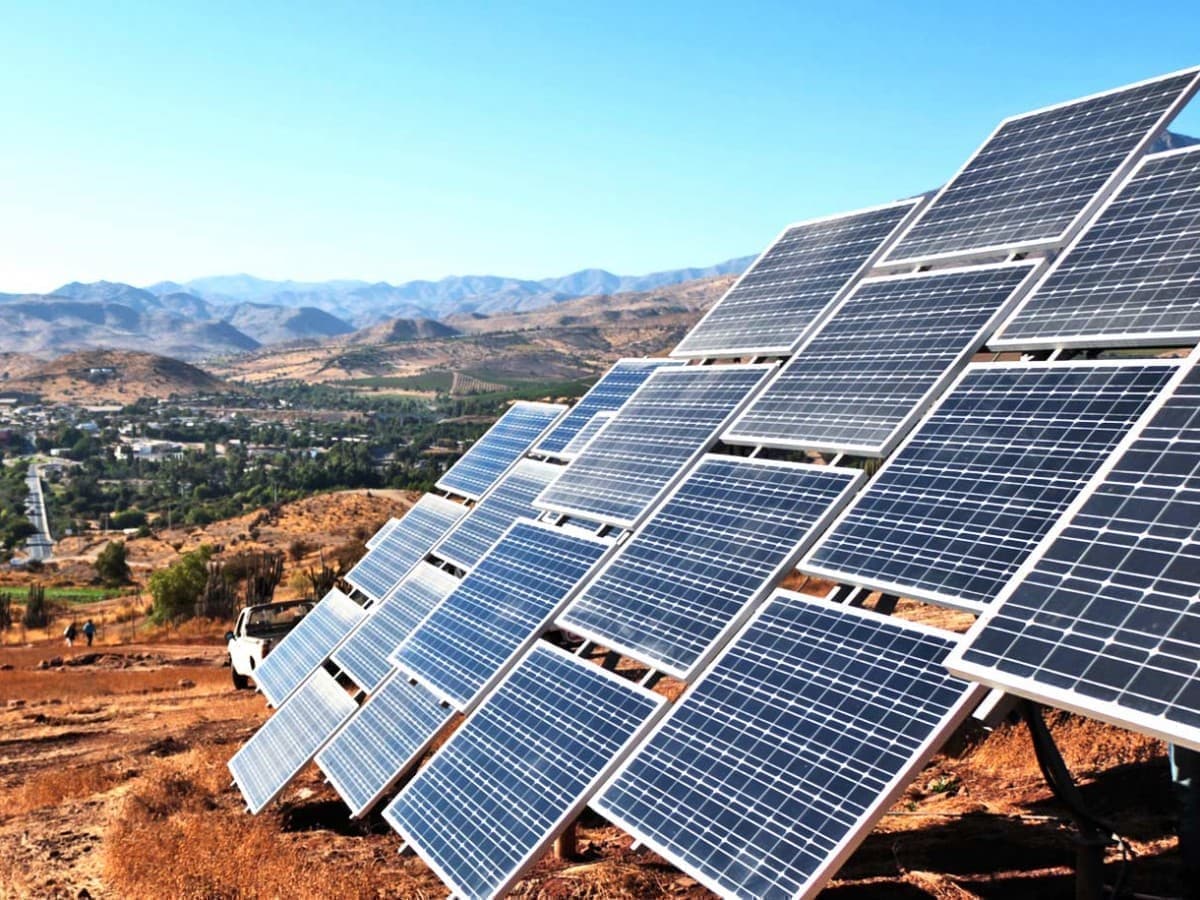RIO DE JANEIRO, BRAZIL – The solar energy sector generated 40,000 jobs in the first half of the year, according to a survey by the Brazilian Photovoltaic Solar Energy Association (ABSOLAR). Despite the pandemic, the sector grew by 45 percent in number of installations in the same period. Since 2012, the photovoltaic power market has generated 162,000 jobs, according to the association.
With the high demand for qualified professionals, the demand for courses in the area also grew. According to a survey by Elektsolar, a company specialized in training, the search for specialization increased by 50 percent between January and July this year. “Brazilians have found in the photovoltaic market an opportunity to change their field,” says Gabriel Guimarães, the company’s director of training.
The solar energy market is mainly comprised of small and medium-sized companies. There are over 14,000 service providers in this area. The majority of jobs generated by the industry are for installation of solar panels in homes. A higher education degree is not required to work in this area, only professional training.
The average monthly salary of solar energy professionals exceeds two minimum wages, or R$2,090 (US$400). In all, over R$15 billion have already been invested in photovoltaic generation systems in Brazil. Currently, there are 255,000 systems installed, a number that has tripled over the past 12 months.

Residential projects account for seven out of ten solar panel installations in the country. However, in terms of installed power, commercial and service companies lead the way, with 39.5 percent of total capacity.
Savings in the power bill
The potential for savings on the electricity bill is the main appeal of photovoltaic systems. According to Bárbara Rubim, CEO of Bright Strategies consultancy, in times of pandemic, solar energy has gained a new economic aspect by acting as a reducer of fixed expenses for businesses and other establishments. “A highlight is the higher predictability consumers gain when they decide to migrate to solar generation, as they become shielded from the impacts of tariff policies,” says Rubim.
These savings can be as high as 95 percent, depending on the region where the system is installed and consumption patterns. However, the equipment is not cheap. A residential system, with a capacity of 2 kWp (unit that defines the maximum power of a photovoltaic panel), costs approximately R$14,000 (US$2,700).
Below are solar generation systems prices, according to capacity:
2.07 kWp System: R$14,550.36
3.45 kWp System: R$18,760.03
5.52 kWp System: R$24,012.82
8.28 kWp System: R$35,892.36
10.69 kWp System: R$44,279.92
16.56 kWp System: R$60,859.90
20.7 kWp System: R$73,752.67
52.44 kWp System: R$170,112.91
102.47 kWp System: R$332,535.26
310.5 kWp System: R$975,135.25

